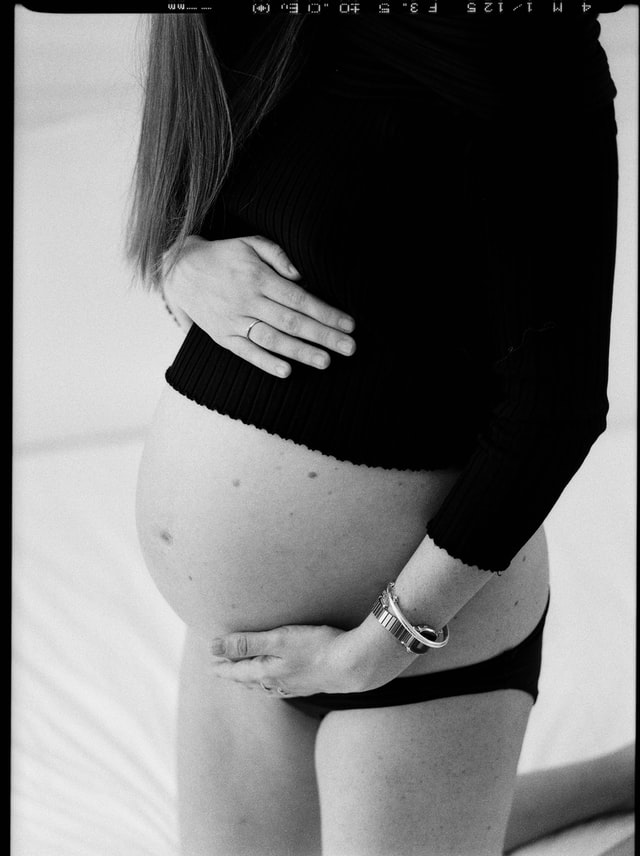Knowing your chances of getting pregnant can be very helpful when you’re trying to have a baby. Being prepared with an action plan, knowing when you’re ovulating, and knowing what fertility options are available to you are all helpful and increase your chances of getting pregnant. If you can seek fertility treatment, it’s important to know when is an optimal time to start. Because those of us with vaginas have lower chances of getting pregnant and successfully carrying a baby as we age, it’s good to know this information now so that we can plan ahead for the future. Luckily, we have many options when it comes to having a baby. We’ve done some research and figured out your chances of getting pregnant are at every age. Keep reading for more!

Your Chances of Getting Pregnant at Every Age
In Your Early 20s
This is your prime time for making some babies. During this time, according to Parents.com, there is a 90% chance that your eggs are chromosomally normal. From 20 to 24 years of age, your fertility window peaks. You also have about a 96% chance of conceiving if you’re trying to have a baby. This is the prime time to get pregnant.
During Your Mid to Late 20s
From the ages of 25 to 34, you have an 86% percent chance of conceiving, according to Parents.com. Contacting a specialist is only needed after a 12 month period without success. You are likely to get pregnant within a year of consistently trying. Your chances of miscarriage do go up to about 10%, but it is only slightly higher than in your early 20s.
From Ages 30 to 34
When you’re in your early 30s, you still have a high chance of conceiving without IVF or fertility treatment, according to Shady Grove Fertility. Because your fertility starts to decline after you hit 35, it’s advised that you seek treatment after trying for a year. Your chances of miscarriage only go up 10%, according to Parents.
In Your Mid to Late 30s (35 to 39)
During this age, you still have a very high chance of getting pregnant, and the chances don’t really decrease too much. You still have around a 52% chance of getting pregnant within a year. But if you don’t succeed after a 6 month period, it’s advised that you go to a fertility specialist to see what can be done to increase these odds, according to Shady Grove Fertility. At this age you have many eggs left still, but your chances of miscarriage and abnormal pregnancy increase at this age. Knowing when you’re ovulating and having sex around that time can greatly increase your chances of conceiving.
Your 40s
At this age, chances of infertility start to grow. By this time, both partners may start to affect the quality of pregnancy. At this time, many of your eggs are chromosomally abnormal. Older male partners can have issues with their sperm, and your uterine lining thins, making it harder for the egg to implant in your uterus. Seeking assistance from technology is more common at this time and can greatly increase your chances of having a baby. There are many options to successfully carry a child at this age.
According to Parents.com, if you’re over 45, your chances decrease to around 3 or 4 percent. But, using an egg donor increases your odds, even in menopause. During this time, your success rate can still be very high, around 60% to 65%.

